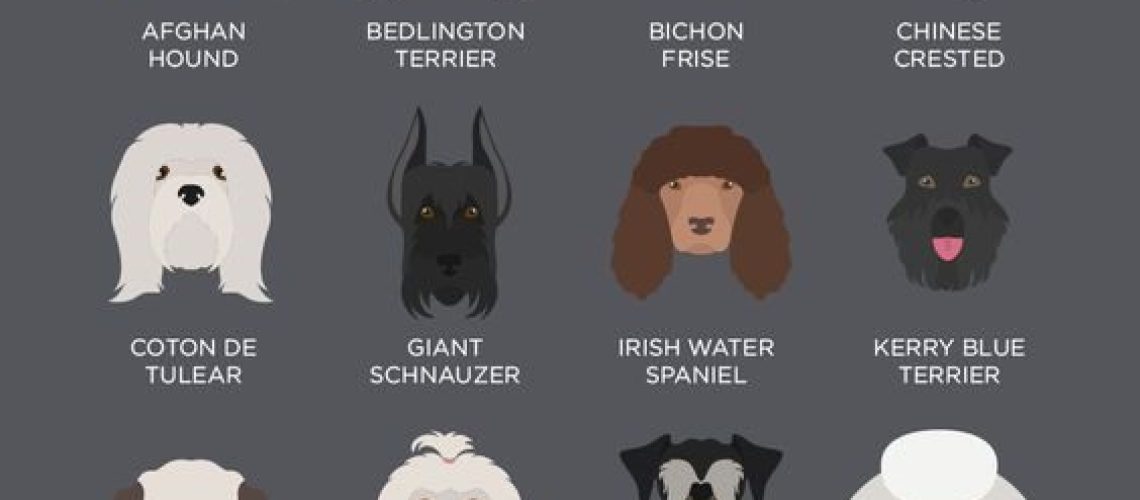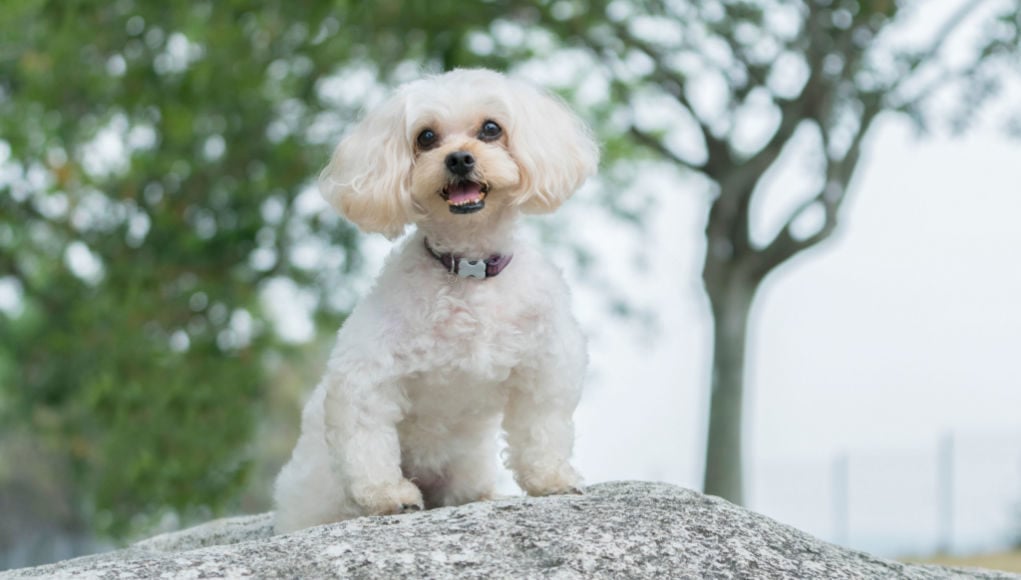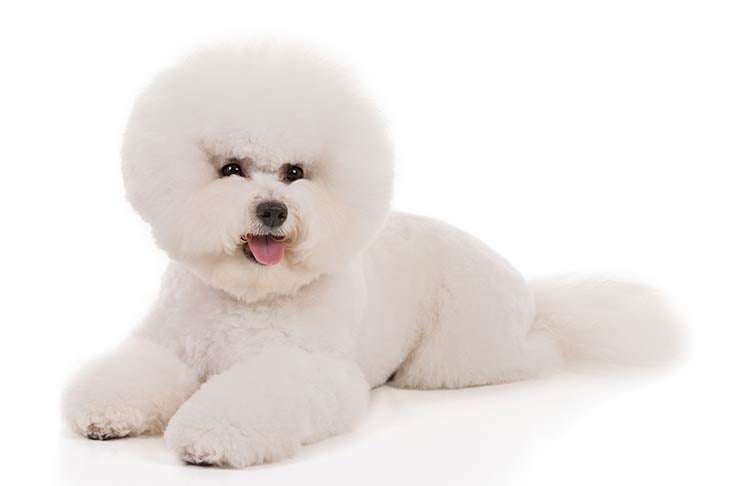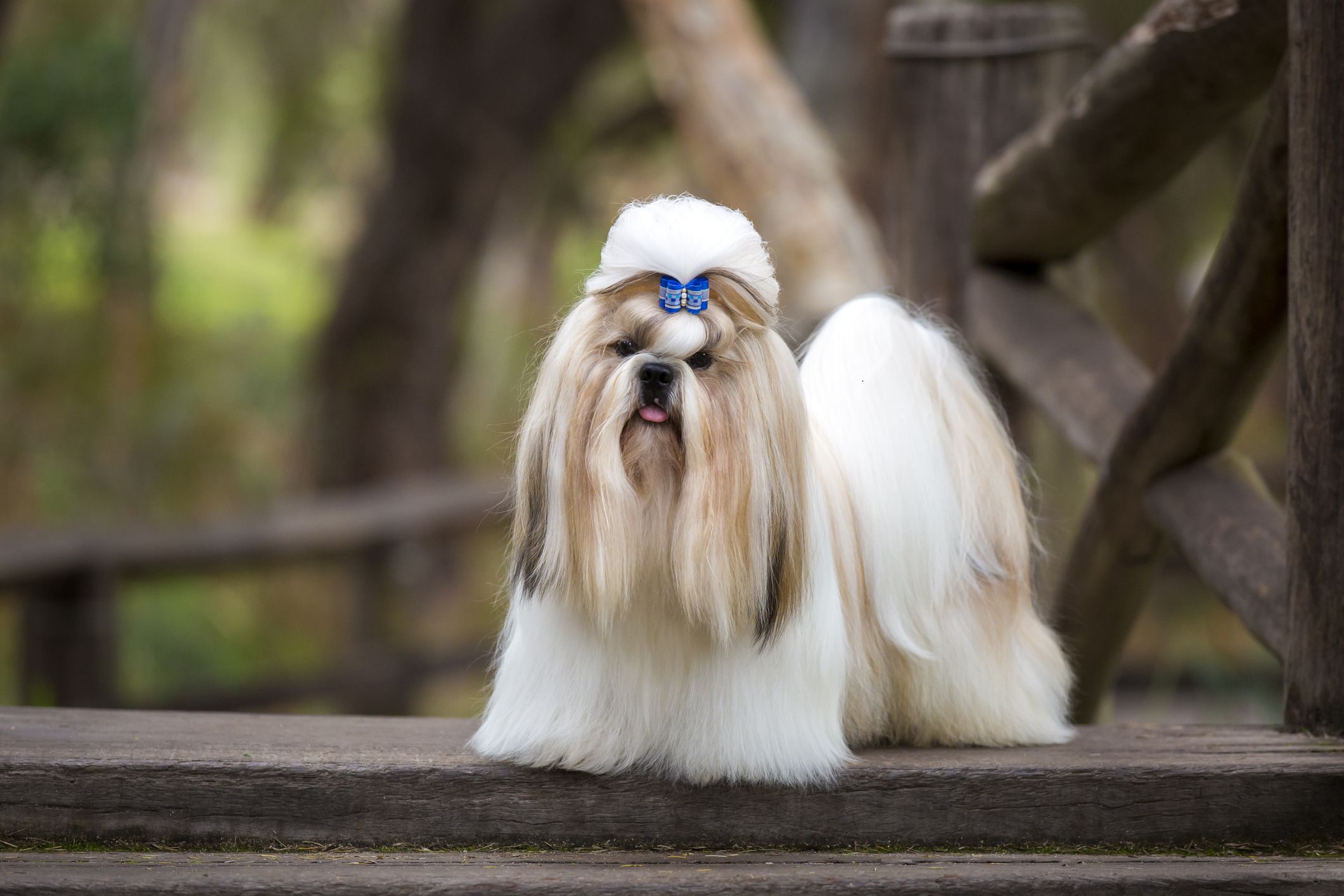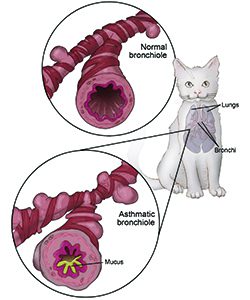Key Takeaways:
- Small hypoallergenic dog breeds are ideal for individuals with allergies or asthma as they produce fewer allergens.
- These breeds are generally low-shedding, making them easier to maintain and reducing the amount of pet hair in the home.
- Despite their small size, many hypoallergenic dog breeds have big personalities and make great companions for individuals or families.
- Hypoallergenic dogs often require regular grooming to prevent matting and keep their coats healthy.
- Some popular small hypoallergenic dog breeds include the Bichon Frise, Maltese, Shih Tzu, Yorkshire Terrier, and Poodle.
Are you tired of constantly sneezing and itching every time you're around dogs? Well, we have good news for you! Imagine being able to cuddle with a furry friend without any allergic reactions. That's right, we're here to introduce you to the world of small hypoallergenic dog breeds. These little bundles of joy not only bring happiness and companionship into your life but also provide a solution for those who suffer from allergies. Understanding the different breeds and their unique characteristics is essential if you want to find the perfect four-legged companion that won't leave you reaching for the tissues. So, let's dive into the fascinating world of 15 small hypoallergenic dog breeds and discover which one might be your new best friend!
Small Hypoallergenic Dog Breeds for Allergy Sufferers
If you love dogs but suffer from allergies, there is still hope! Small hypoallergenic dog breeds are a great option for allergy sufferers. These dogs produce fewer allergens, which are the substances that cause allergic reactions. By choosing a small hypoallergenic dog breed, you can enjoy the companionship of a furry friend without constantly sneezing and itching.
Some popular small hypoallergenic dog breeds include the Maltese, Shih Tzu, Bichon Frise, and Yorkshire Terrier. These breeds have hair instead of fur, which means they shed less dander (tiny flakes of dead skin) and have less saliva that contains allergens. Additionally, their hair grows continuously like human hair, so regular grooming is necessary to prevent matting.
Why Choose Hypoallergenic Dog Breeds if You Have Allergies?
If you have allergies but still want to experience the joy of owning a dog, hypoallergenic dog breeds are an excellent choice. These breeds produce fewer allergens compared to other dogs with fur. When people with allergies come into contact with these allergens, they may experience symptoms such as sneezing, coughing, itchy eyes or skin rashes.
Hypoallergenic dog breeds can help reduce these symptoms because they shed less dander and have lower levels of allergens in their saliva. This means that being around these dogs is less likely to trigger an allergic reaction. However, it's important to note that no dog breed is completely hypoallergenic or allergy-proof. The level of allergen production can vary among individual dogs within the same breed.
Characteristics of Small Hypoallergenic Dogs: What to Look For
When choosing a small hypoallergenic dog breed, there are a few key characteristics to consider. These characteristics can help determine if a particular dog breed is suitable for allergy sufferers:
- Hair instead of fur: Small hypoallergenic dog breeds have hair that grows continuously, similar to human hair. This means they shed less dander and are less likely to trigger allergies.
- Low allergen production: Look for breeds that have lower levels of allergens in their saliva. Breeds with low allergen production include the Maltese, Shih Tzu, Bichon Frise, and Yorkshire Terrier.
- Grooming needs: Small hypoallergenic dogs require regular grooming to prevent their hair from matting. This includes brushing their hair regularly and scheduling professional grooming appointments.
Shedding Differences: Small vs. Large Hypoallergenic Dog Breeds
One of the main differences between small and large hypoallergenic dog breeds is their shedding tendencies. While both types of breeds produce fewer allergens compared to non-hypoallergenic dogs, small hypoallergenic dog breeds tend to shed less overall.
This is because small hypoallergenic dogs have hair instead of fur, which grows continuously like human hair. On the other hand, large hypoallergenic dogs may still have some degree of shedding due to their fur type or genetic factors. However, it's important to note that shedding can vary among individual dogs within each breed.
Health Considerations When Choosing a Small Hypoallergenic Dog Breed
When selecting a small hypoallergenic dog breed, it's essential to consider their health needs. Some small hypoallergenic breeds may be prone to certain health conditions, so it's important to be aware of these potential issues and take preventive measures.
For example, the Shih Tzu breed may be prone to eye problems, such as cataracts or corneal ulcers. Regular veterinary check-ups and proper eye care can help prevent or manage these conditions. Additionally, small hypoallergenic dogs may have dental issues due to their small mouths, so regular teeth brushing and professional dental cleanings are necessary for maintaining good oral health.
Popular Small Hypoallergenic Dog Breeds for Families
If you're looking for a small hypoallergenic dog breed that is great for families, consider these popular options:
- Maltese: Known for their friendly and affectionate nature, Maltese dogs are great companions for families with children.
- Bichon Frise: These cheerful and playful dogs get along well with kids and other pets. They are also known for their intelligence and trainability.
- Shih Tzu: Shih Tzus are known for their gentle temperament and love of cuddling. They make excellent family pets and get along well with children.
Determining Allergy Compatibility with Small Hypoallergenic Dog Breeds
If you're considering getting a small hypoallergenic dog breed but still want to ensure compatibility with your allergies, there are a few steps you can take:
- Spend time with the specific breed you're interested in to see if you have any allergic reactions.
- Consider getting an allergy test to determine if you're specifically allergic to certain dog breeds or allergens related to dogs.
- Consult with your doctor or allergist for personalized advice and recommendations.
Remember, everyone's allergies are unique, so what works for one person may not work for another. It's important to find the right small hypoallergenic dog breed that suits your individual needs and brings joy to your life without causing allergic reactions.
In conclusion, small hypoallergenic dog breeds can be a great choice for people who have allergies. These dogs are small in size and produce less dander, making them less likely to trigger allergic reactions.
What small dog is best for allergies?
The Bichon Frise and Labradoodle are popular choices for people with dog allergies because of their hypoallergenic coats. Labradoodles with wool-like hair are especially good at minimizing exposure to outdoor allergens compared to other breeds.
Are there any small dogs that are hypoallergenic?
Whether you prefer small breeds like Bichons and Yorkies, medium-sized dogs like Poodles and Portuguese Water Dogs, or larger breeds like the Giant Schnauzer, you can find a hypoallergenic dog that doesn't shed and is also a great family pet.
What dog is 100% hypoallergenic?
Although there is no dog breed that is completely hypoallergenic, there are certain breeds that are less likely to cause allergies and are more suitable for people with allergies. Some commonly recognized hypoallergenic breeds include Poodles, Yorkshire Terriers, Bichon Frise, Maltese, and Schnauzers. These breeds are known for their low shedding or hairless characteristics.
What dog doesn't shed and stays small?
A summary of six small dog breeds that are known for not shedding or barking. The Basenji has a short dense coat that only needs to be brushed once a week. The Bolognese has a poofy coat that doesn't shed. The Boston Terrier has a thin, short, single-layered coat. The Chinese Crested has long hair that can tangle but doesn't shed much.
What is a tiny dog that doesn't shed?
Here is a list of 10 small dog breeds that are known for not shedding:
1. Affenpinscher
2. Chinese Crested
3. Basenji
4. Bolognese
And there are 6 more breeds listed. The information was last updated on April 17, 2023.
What is the longest living hypoallergenic dog?
Toy poodles are a breed of dog known for their hypoallergenic and non-shedding coats. They are also one of the breeds that tend to have a longer lifespan, with an average life expectancy of up to 18 years.



